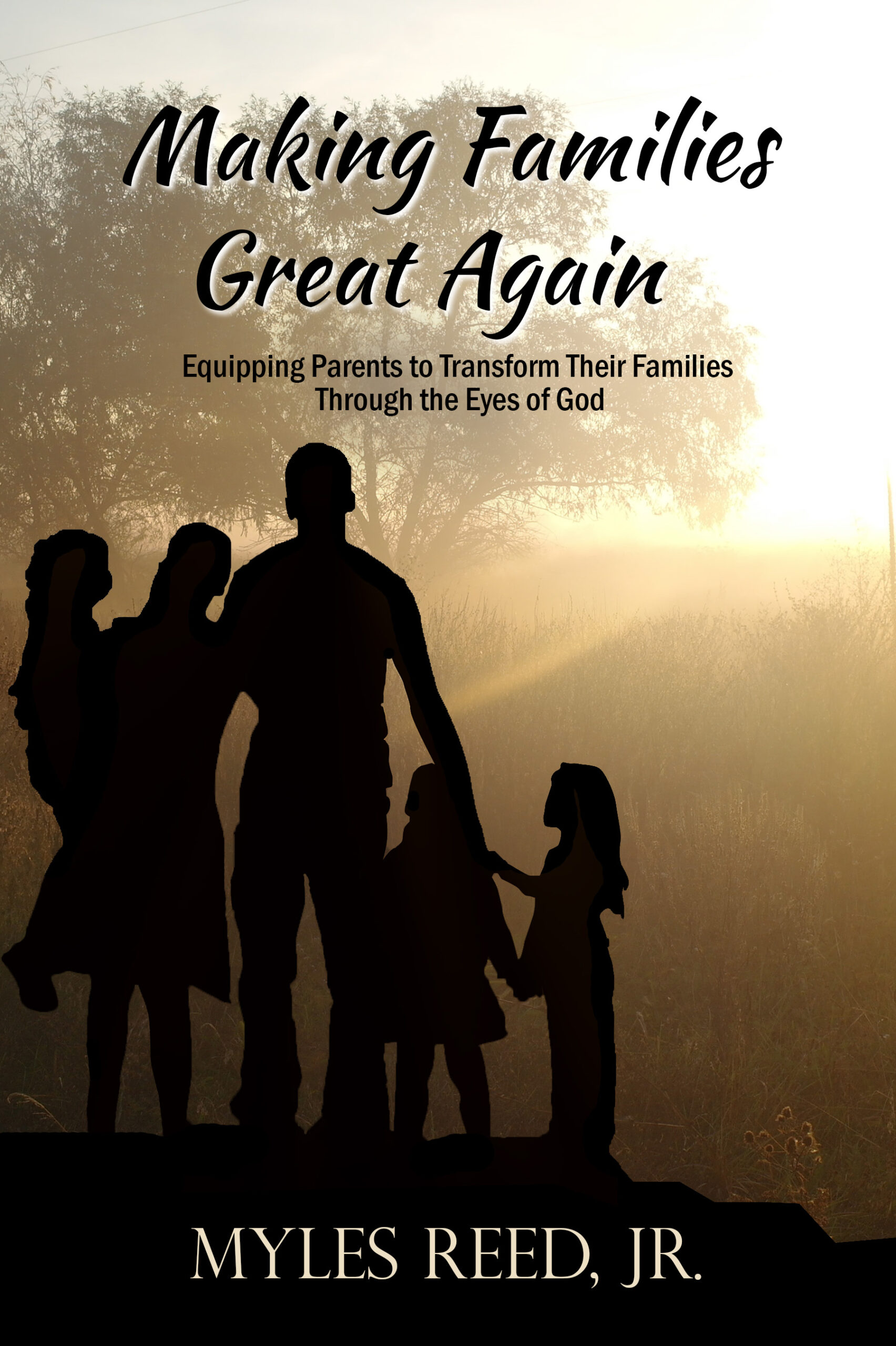Bestselling authors may write great paragraphs, but we can learn ways to make them even better. Using an apostrophe-s to create a noun-verb contraction risks a misread of the word as a possessive.
Two great paragraphs from Singularity by Steven James:
The evening’s cool for this time of year, and a faint breeze fingers its way past the drenched rice fields and through the cemetery. The air is smudged with the sharp tinge of smoke from the wood fires of people cooking dinner in their bamboo huts. Everything smells damp and earthy and weary of the day.
One of the men who’s standing beside the grave lights a kerosene lantern. Even though darkness hasn’t devoured the jungle yet, the day is dim enough for the lantern to cast a blur of uneven light across the ground.
What we might see for an improved version:
The evening is cool for this time of year, and a faint breeze whispers across the flooded rice fields and through the cemetery. Wisps of smoke are rising from the wood fires of people cooking dinner in their bamboo huts. The air smells damp and earthy and weary of the day.
Standing beside the grave, one of the men lights a kerosene lantern. Even though darkness hasn’t yet devoured the jungle, the day is dim enough for the lantern to cast a blur of uneven light across the ground.
Some logic for making improvements:
- Instead of understanding “evening’s cool” as the “evening is cool,” readers may visualize the “cool of the evening,” only to realize that their perception is wrong. Applying the same logic to the second paragraph, “one of the men who’s standing” is better without the contraction.
- Can a breeze “finger its way”? Through trees, perhaps, but the visual doesn’t work well over a rice field. Maybe the breeze whispered across the rice and through the cemetery.
- A field is drenched after a heavy rain, but rice fields are flooded by irrigation, so we should say the rice field is flooded, not drenched.
- Both a smudge and a tinge are small amounts, so we don’t need both words to create the hint of smoke in the air.
- The word “everything” doesn’t create a picture of anything. “The air” is more specific, delivering the smells and touching the senses.
- The explanatory phrase, “who is standing beside the grave,” must be set off with commas to avoid a misread of standing beside the “grave lights.” The phrase works best when it introduces the sentence.
- The adverb “yet” is best placed next to the verb it modifies instead of after “jungle.”




 Character is a critical key to becoming a person of quality, and it starts in the home!
Character is a critical key to becoming a person of quality, and it starts in the home!